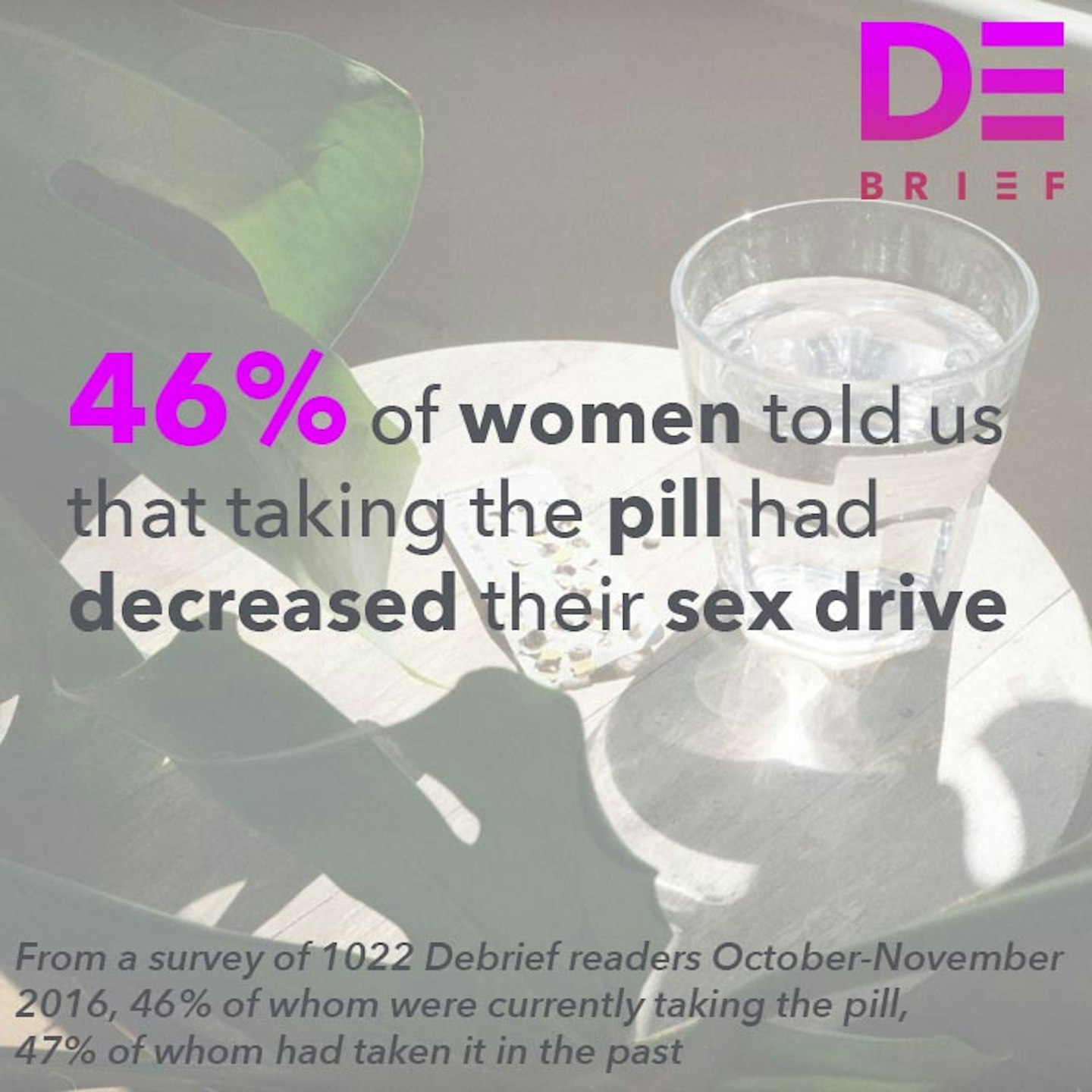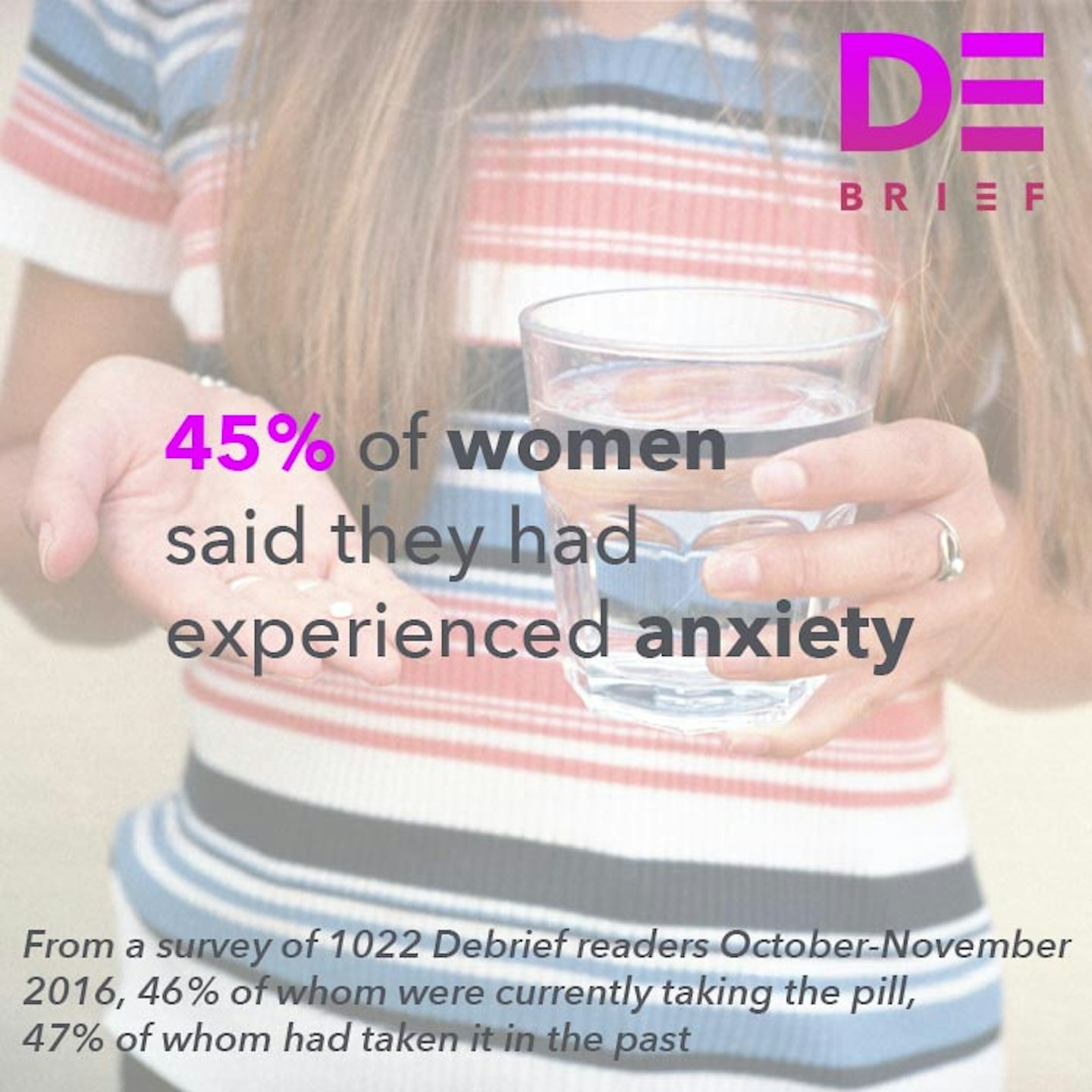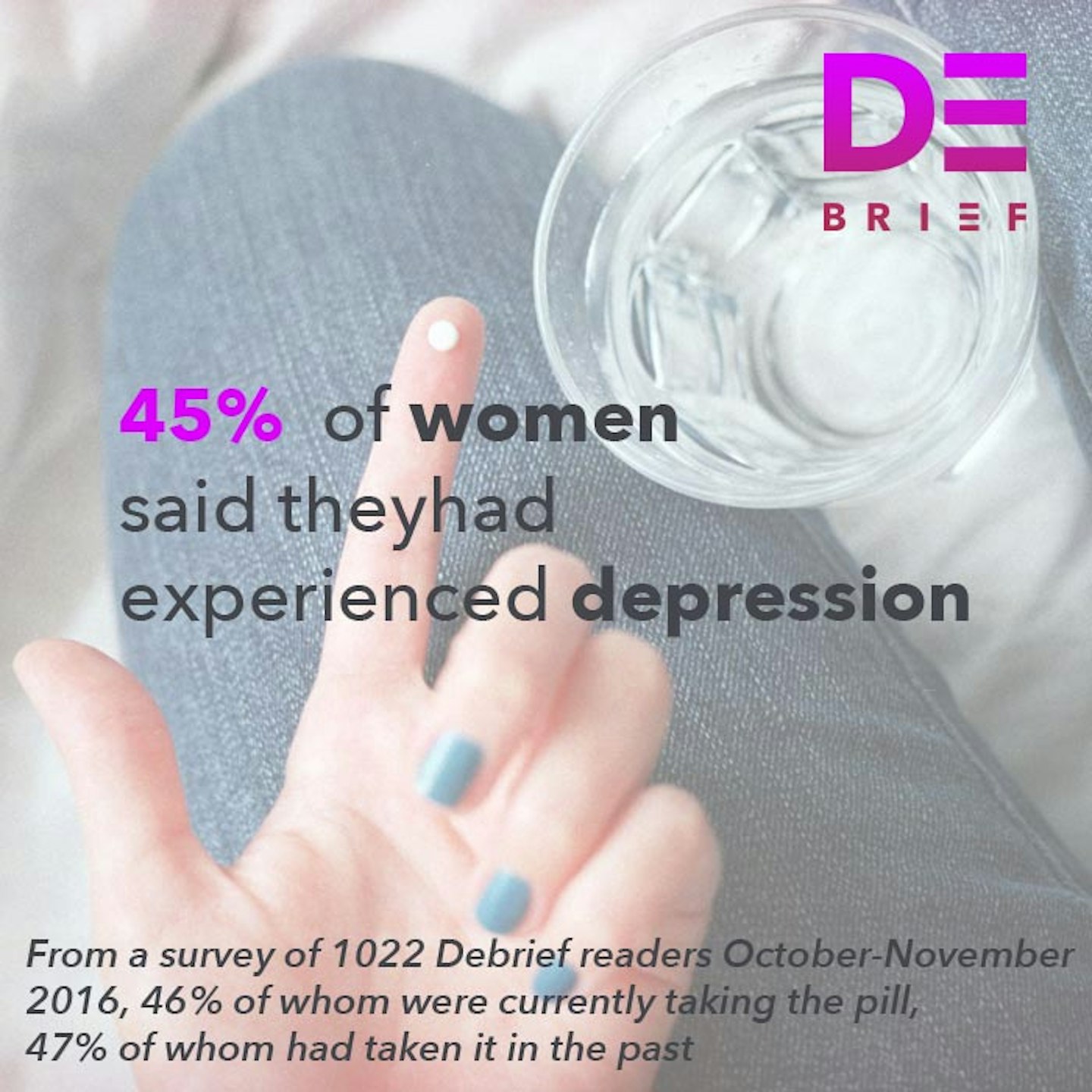Celebrating the centenary of the first time (some) women had the opportunity to vote in this country is important. If you haven’t been able to tell from all the hashtags and buzzword-based content, it’s kind of a big deal. However, just as the suffragettes didn’t sit back and relax after the royal accession of the 1918 Representation of the People Act, we can’t sit back and call this ‘the day women got the vote’.
This was the day when 40% of women got the vote, only those over 30 who met minimum property qualifications.
They not only had to be at least 30 years old, but also either be a member of the Local Government Register, a property owner or a graduate voting in a University constituency.
Bear in mind, the same bill abolished all property qualifications that were previously on men, extending the vote to all of them.
It wasn’t until 1928, when the act was reformed, that all women got the right to vote on equal par with men. Essentially, the men in power in 1918 did the bare minimum to stop women throwing themselves under horses and terrorizing the government. The fight raged on for another ten years, somewhat less militantly- but nevertheless, it raged on.
But why did men prevent women from voting on equal par to men for so long? We spoke to Dr. Anne Logan, an expert on women’s suffrage to answer that very question.
‘The reason it wasn’t given to all women in the first place was because they were worried they would end up with more women voters than men and the politicians had no idea how women would use their vote, in fact they were probably quite scared about how women might use it' she explained to The Debrief.
‘For example, they were worried women might vote for a special women’s party and not the established political parties. To get the law changed you’ve got to get it through parliament so you’ve got to convince MPs and of course to these male MPs, that was what was worrying' she added.
TYPICAL. Yet another case of men being oppressive because they’re scared of how powerful women are. Anne explains the decade-long delay:
‘So, one of the main reasons it took ten years is because you need a few general elections before they realized that women weren’t going to use their vote in really odd ways and they were going to vote in similar ways to men. By the time you get to 1928, there’d been four general elections so they had more of an idea of what could expect to happen.’
Ahhh, so we just had to prove ourselves as rational, politically-minded people. Just like we still now have the burden of proving we should be paid the same, can do any fucking job we want and don’t deserve to be sexually harassed while doing it.
It’s a typically male view, and one perpetuated today – just last week … told women they need to ‘step-up’ to prove they deserve a Grammy award. Another possible occasion of mansplaining in the case of women’s suffrage? That they simply had other, more important things to do.
**READ MORE: The Debrief investigates - Hormonal Contraception And Mental Health **
Debrief Mad About The Pill Stats
 1 of 9
1 of 9Debrief Mad About The Pill Stats
 2 of 9
2 of 9Debrief Mad About The Pill Stats
 3 of 9
3 of 9Debrief Mad About The Pill Stats
 4 of 9
4 of 9Debrief Mad About The Pill Stats
 5 of 9
5 of 9Debrief Mad About The Pill Stats
 6 of 9
6 of 9Debrief Mad About The Pill Stats
 7 of 9
7 of 9Debrief Mad About The Pill Stats
 8 of 9
8 of 9Debrief Mad About The Pill Stats
 9 of 9
9 of 9Debrief Mad About The Pill Stats
It’s not too far from the truth, 1918 wasn’t exactly a time of peace and prosperity in Britain. We were dealing with a post-war economy, a depleted population as well as serious domestic and foreign policy issues. In a nutshell, there was a lot going on. However, to say this is the main reason women we’re continued to be ignored by the government is a falsehood, according to Anne.
‘That comes into it, but [extending the vote] was actually discussed in parliament on a few occasions in 1919, because the Labour party put forward a bill that would’ve given all women over the age of 21 the vote – technically it did get through parliament at one point but then the government stepped in and because the bill had been put forward by the opposition party the government curtailed the discussion on it', she explains.
There was even a stage where the government discussed equalizing the voting age between men and women at 25, by raising it for men and reducing it for women. However, it failed to materialize.
Essentially, since the government clearly had time and reason to discuss women’s suffrage throughout the 1920’s, the idea that there were other more important matters at hand is not the whole story, it's a convenient rewriting of history. The truth is that sexism prevailed.
According to Roy Jenkins, who wrote [Churchill: A Biography](https://books.google.co.uk/books?id=BmOzDFxEdtQC&dq=he+favoured+an+early+extension+of+the+vote+to+some+women,+but+only+if+it+could+be+achieved+without+undue+political+disturbance+){href='https://books.google.co.uk/books?id=BmOzDFxEdtQC&dq=he+favoured+an+early+extension+of+the+vote+to+some+women,+but+only+if+it+could+be+achieved+without+undue+political+disturbance+(meaning,+as+he+urgerd+in+private,+only+if+it+could+be+done+without+harming+Liberal+electoral+prospects,+such+as+might+be+the+result+of+a+high+property+qualification)' target='_blank' rel='noopener noreferrer'}, the then-MP stated publicly that he feared political disturbances, but privately admitted he had a vested interest in his party not being under threat by a new voting pool. He wrote: 'he favoured an early extension of the vote to some women, but only if it could be achieved without undue political disturbance (meaning, as he urged in private, only if it could be done without harming Liberal electoral prospects, such as might be the result of a high property qualification).'
One particular reason that I love for it's absolute sheer ridiculousness, came from High Court judge Samuel Evans. He feared women would neglect their homes if they became involved in government affairs, and that they 'by nature' belonged there:
'They [men in the House of Commons] thought that women had their own honourable position in life, that that position had been accorded to them by nature, and that their proper sphere was the home, where they might exercise their good and noble influence in the scared circle of the family and the home. Women would be neglecting their homes if they cam into the House of Commons, and when they would be compelled to attend public meetings and to read all the newspapers and Blue-books and other dry documents, so as to fit themselves for the franchise.'
He's right you know, I just HATE reading newspapers. I'd rather just have no say in the way my life is governed, it's too much effort.
While all of these hilariously transparent 'justifications' for not giving all women the vote were exclaimed pre-1918 Representation of People Act, it's no doubt these concerns were what held back men from extending the vote to all women. Until they could see that the 40% of women who did get the vote weren't all going to run away from their homes to live in the House of Commons reading blue-books 24/7, they weren't willing to give all of us the same rights.
So, from what we can tell, it all comes down to men being insecure and really intimidated by women and their agency. What a relief we still don't have that problem today eh???
This article originally appeared on The Debrief.
